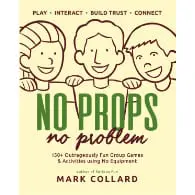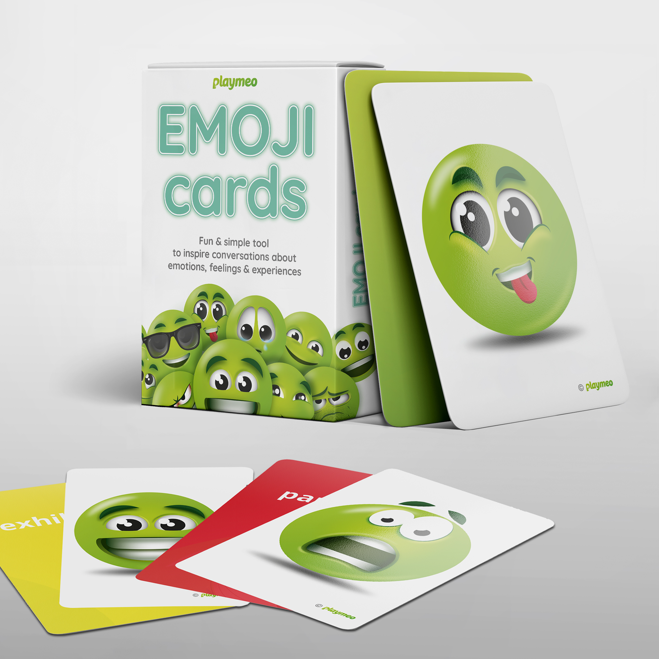20+ Fun & Engaging Ways to Form Random Pairs
So you’ve asked your group to pick a partner so that you can form smaller teams and… they immediately make a beeline to their best…

I subscribe to a select number of blogs related to education, and this recent article from Teaching Matters struck a chord.
Anecdotally, I have always believed that experiential-based learning was a powerful (and attractive) way to invite people to learn. But for the longest time, I found it difficult to point to any hard research that backed up this notion.
Happily, the science is in. Extensive and rigorous research now backs up what we have always known to be true – experiential learning not only works, but it’s a very effective way to engage people in their learning.
But what exactly IS experiential education, and how does it compare and contrast to other powerful forms of education.
You can read my understanding of experiential learning here.
In this latest article, researcher Dr Simon Beames shares a research-based overview of experiential education. He firstly defines three primary durations of experiential learning – short, medium and long-term, and then describes a simple philosophical framework that is centred around six defining features.
They are:
If you work as an experiential educator, or use or are interested in using experiential learning in your classroom, training room, camp, etc, then I urge you to read this short article to get more details.
Click here for more.

Best-selling book featuring 150+ fun group games & activities. Scan QR codes to access digital content including videos.

Brand new deck of cards featuring emoji images to help you inspire conversations about emotions, feelings & experiences.
Download our free 28-page ebook jam-packed with outrageously fun activity ideas.
Just one more question:
Share this with friends and colleagues.
We offer a range of membership plans with no surprises.
Click an option below & discover our simple pricing.

Click here if you’re a:

Click here if you represent a:
Explore plans for
10, 50, 200 or more
potential users